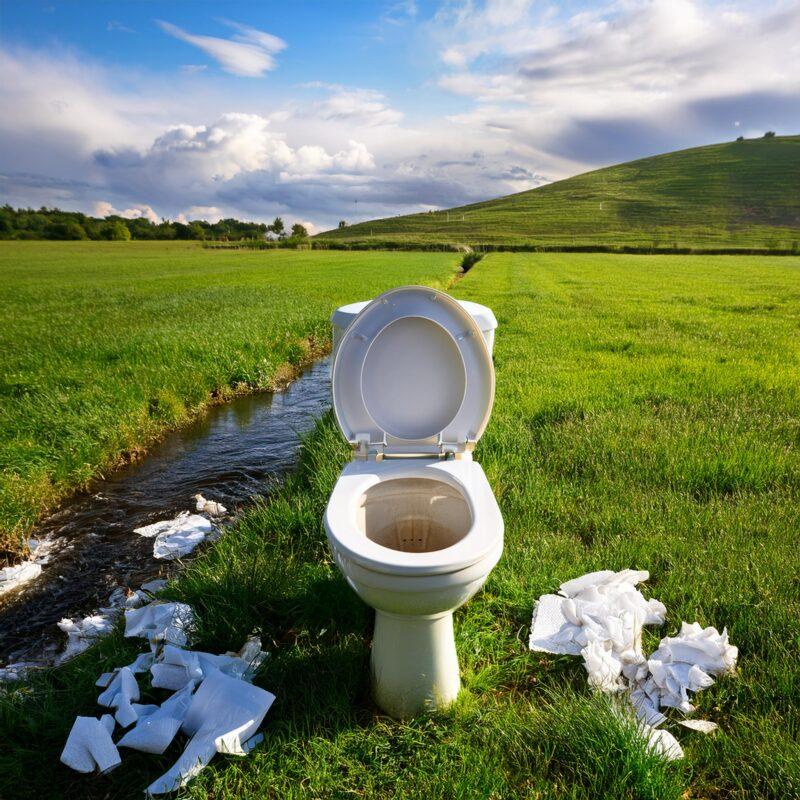The ultimate responsibility for allowing sewage on streets lies with a combination of organizations, regulatory bodies, and governmental authorities. Determining accountability requires assessing failures at multiple levels, including the management, oversight, and enforcement of wastewater systems. Here’s a breakdown of who is responsible and who can be held to account:
1. Northern Ireland Water (NI Water)
Role:
NI Water is responsible for the operation, maintenance, and upgrade of sewage infrastructure, including wastewater treatment works, pumping stations, and sewer networks.
They must ensure that systems function effectively and comply with environmental regulations.
Accountability:
If spills or overflows occur due to negligence, lack of maintenance, or failure to upgrade infrastructure, NI Water can be held accountable.
2. Department for Infrastructure (DfI)
Role:
DfI oversees NI Water and provides funding and policy direction.
The department is responsible for ensuring long-term planning and investment in infrastructure to prevent sewage-related issues.
Accountability:
If funding is insufficient or policies fail to address infrastructure challenges, DfI bears responsibility for enabling conditions that lead to sewage overflows.
3. Environmental Regulators (DAERA and NIEA)
Role:
The Department of Agriculture, Environment and Rural Affairs (DAERA) and the Northern Ireland Environment Agency (NIEA) enforce environmental laws and ensure compliance with regulations regarding sewage treatment and discharge.
Accountability:
If regulators fail to monitor or penalize illegal discharges, they share responsibility for environmental and public health risks.
4. Local Councils (e.g., Lisburn & Castlereagh City Council)
Role:
Councils are responsible for approving developments and ensuring planning decisions align with environmental protections and sewage capacity.
Accountability:
Approving developments without considering wastewater capacity or failing to challenge inadequate sewage management contributes to the problem.
5. Developers
Role:
Developers are required to assess and mitigate the impact of new developments on sewage systems.
Accountability:
Neglecting to ensure adequate sewage infrastructure for developments or relying on overstressed systems exacerbates the issue.
6. Elected Representatives
Role:
MPs, MLAs, and councillors play a key role in holding public bodies accountable, advocating for investment in infrastructure, and responding to community concerns.
Accountability:
Inaction or failure to address long-standing sewage issues makes elected representatives complicit in neglecting their duty to protect public health and the environment.
Legal and Public Accountability
Environmental Laws:
Discharging raw sewage into public spaces or water bodies often violates environmental laws and public health regulations.
In the UK, companies responsible for such discharges have faced substantial fines. Similar actions could be pursued in Northern Ireland.
Public Health Legislation:
Failure to address sewage spills can lead to legal claims for negligence if public health is endangered.
Next Steps for Accountability
Immediate Complaints:
Everyone should file complaints with NIEA and DAERA about breaches of environmental standards.
Demand Investigations:
Insist on investigations into NI Water’s operations and failures to prevent spills.
Engage Councillors and MLAs:
Push for elected representatives to demand answers from NI Water and DfI.
Legal Action:
Consider legal action against responsible parties for failing to prevent sewage spills, as seen in other parts of the UK.
Ultimately we are all responsible, we all poo. NI Water bears direct responsibility for spills, but broader accountability lies with DfI, DAERA, and Elected Officials for systemic underfunding, poor planning, regulatory failures and knowingly letting it get this catastrophic.

